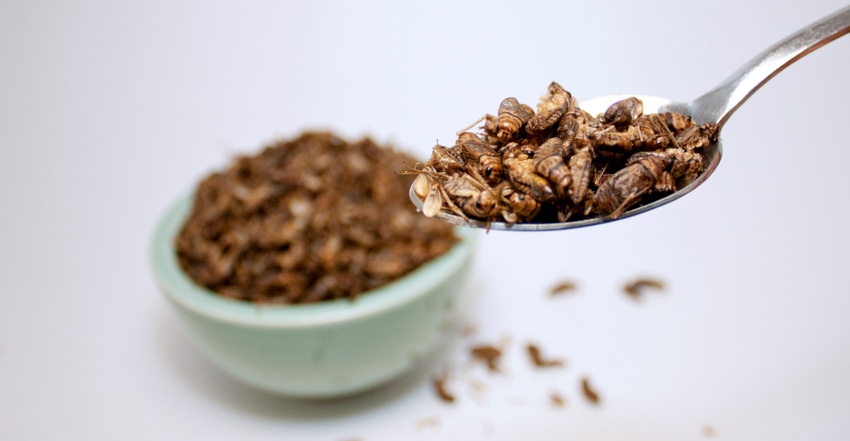Each day at 5 p.m. we collect the five top food and supplement headlines of the day, making it easy for you to catch up on today's most important natural products industry news.
October 4, 2018

Wouldn't it be better if self-checkout just died
Shoppers worldwide can attest to the many pitfalls of the self-checkout system. There’s the annoyance of having “Unexpected item in the bagging area” blared at you, never being able to find the PLU code for produce, and rampant shoplifting. However, brands such as Amazon are introducing cashier-less stores with modifications that may cause less frustration among customers. Read more at Vox ...
Taste is key in promoting insect-based food
The environmental and health benefits of eating insects are still outweighed by the majority of Westerners’ disgust surrounding the consumption of insect-based foods. However, through emphasizing the pleasurable taste of such foods rather than their positive environmental impact, researchers may have found a way to successfully impact public opinion. Read more at Science Daily …
Austin, Texas, now requires restaurants to responsibly dispose of food waste
The city of Austin has taken another step toward its goal of being zero waste by 2040. Local restaurants may donate their unwanted food, send leftovers to farms or compost the scraps, but no longer will these organic materials be thrown into a landfill where they will inevitably produce methane. Read more at Huffington Post ...
Perspectives on factors driving new trends in the food and drink
Consumers are becoming more and more concerned with the functionality of their food; this is likely because of the increasingly pervasive idea among shoppers that one’s diet and overall well-being are inextricably linked. Other influential factors examined in this article include agricultural sustainability, animal cruelty and the taste factor. Read more at Forbes …
More evidence that nutrition studies don't always add up
P-hacking, or overanalyzing a set of data until the results are skewed to fit a desired model, has recently led to the downfall of Brian Wansink, PhD. P-hacking is to blame for many aspects of nutrition studies that irk us; for instance, having to navigate contradictory nutritional headlines on a daily basis. Read more at New York Times …
You May Also Like


